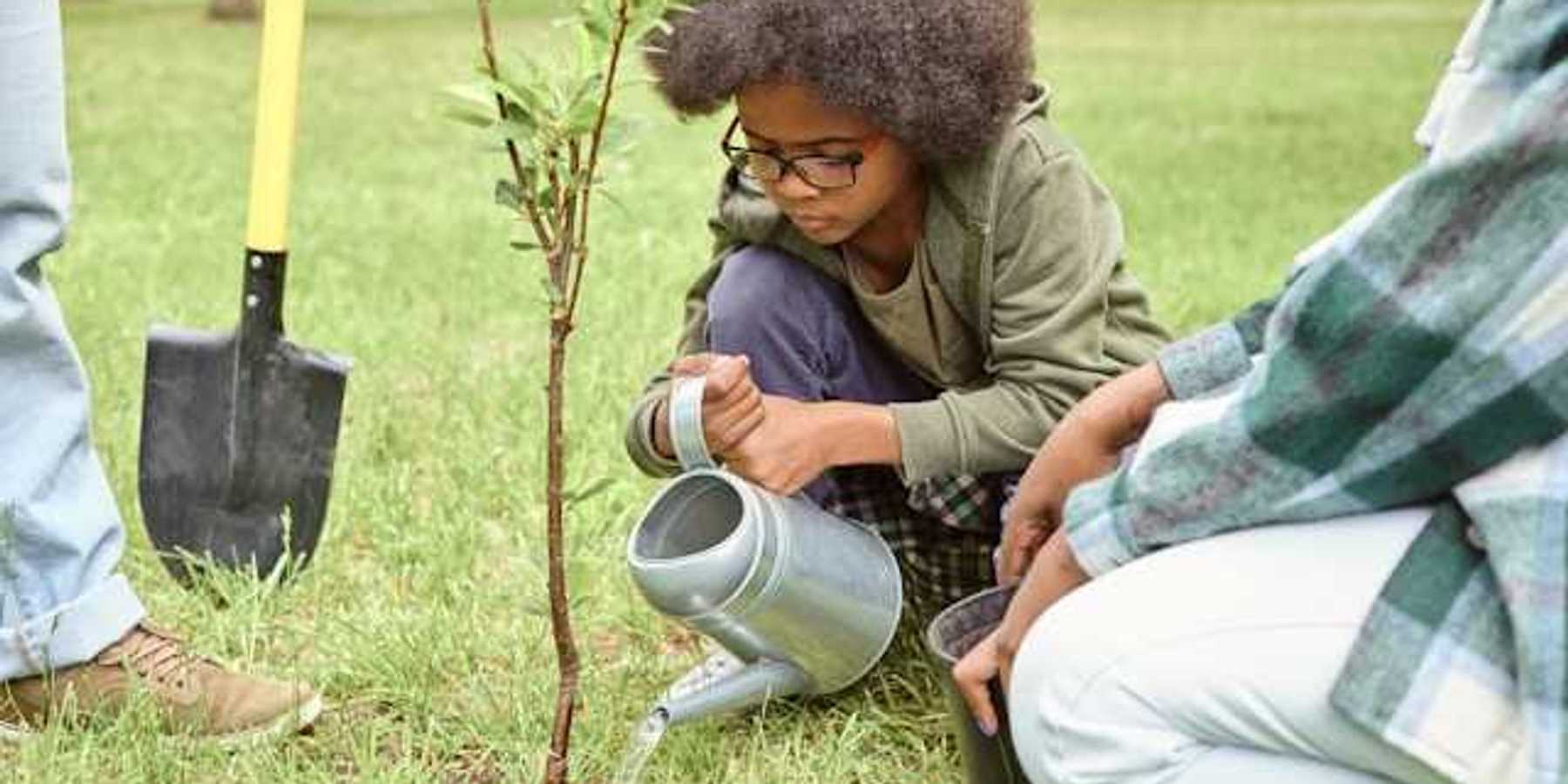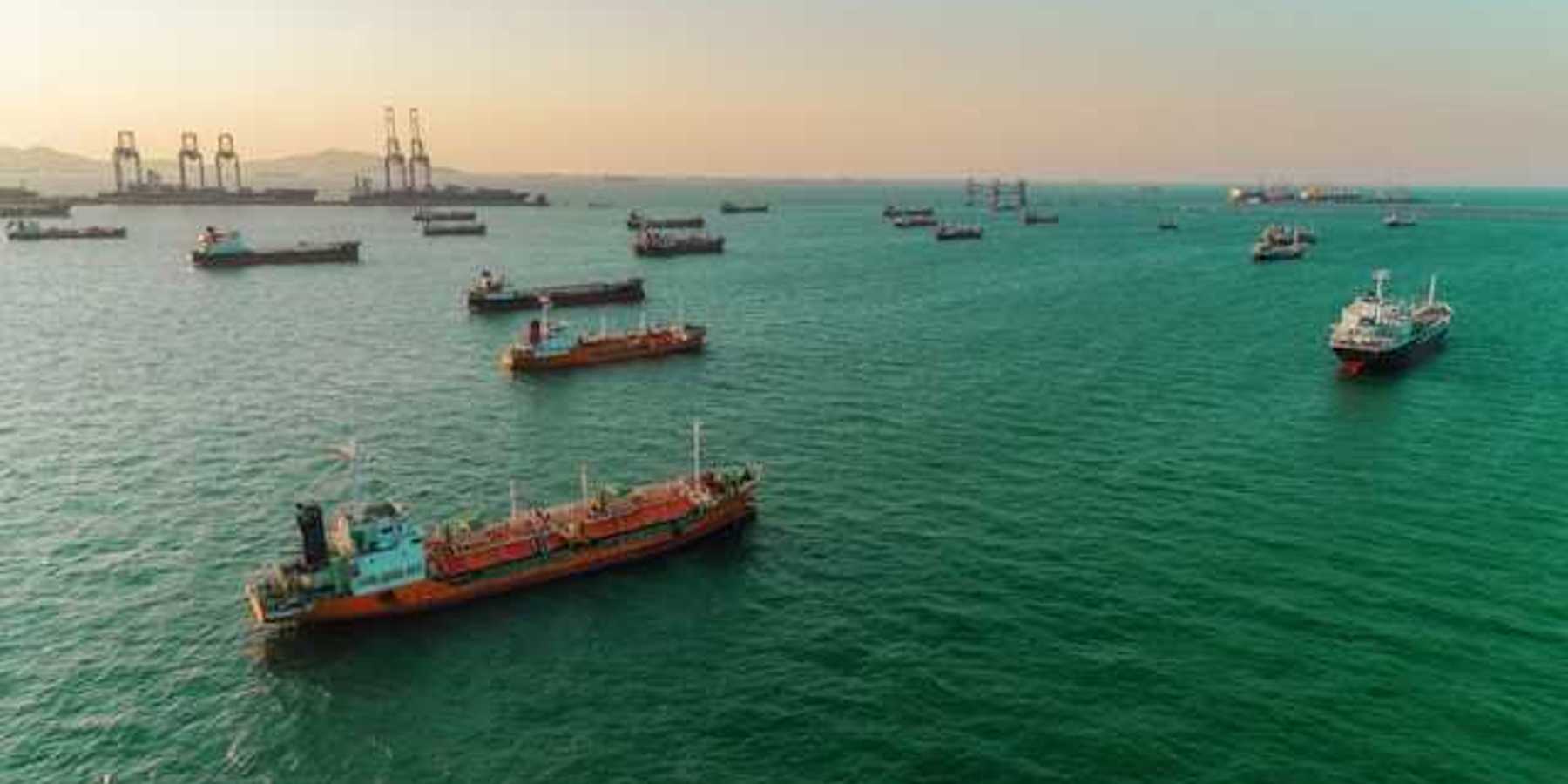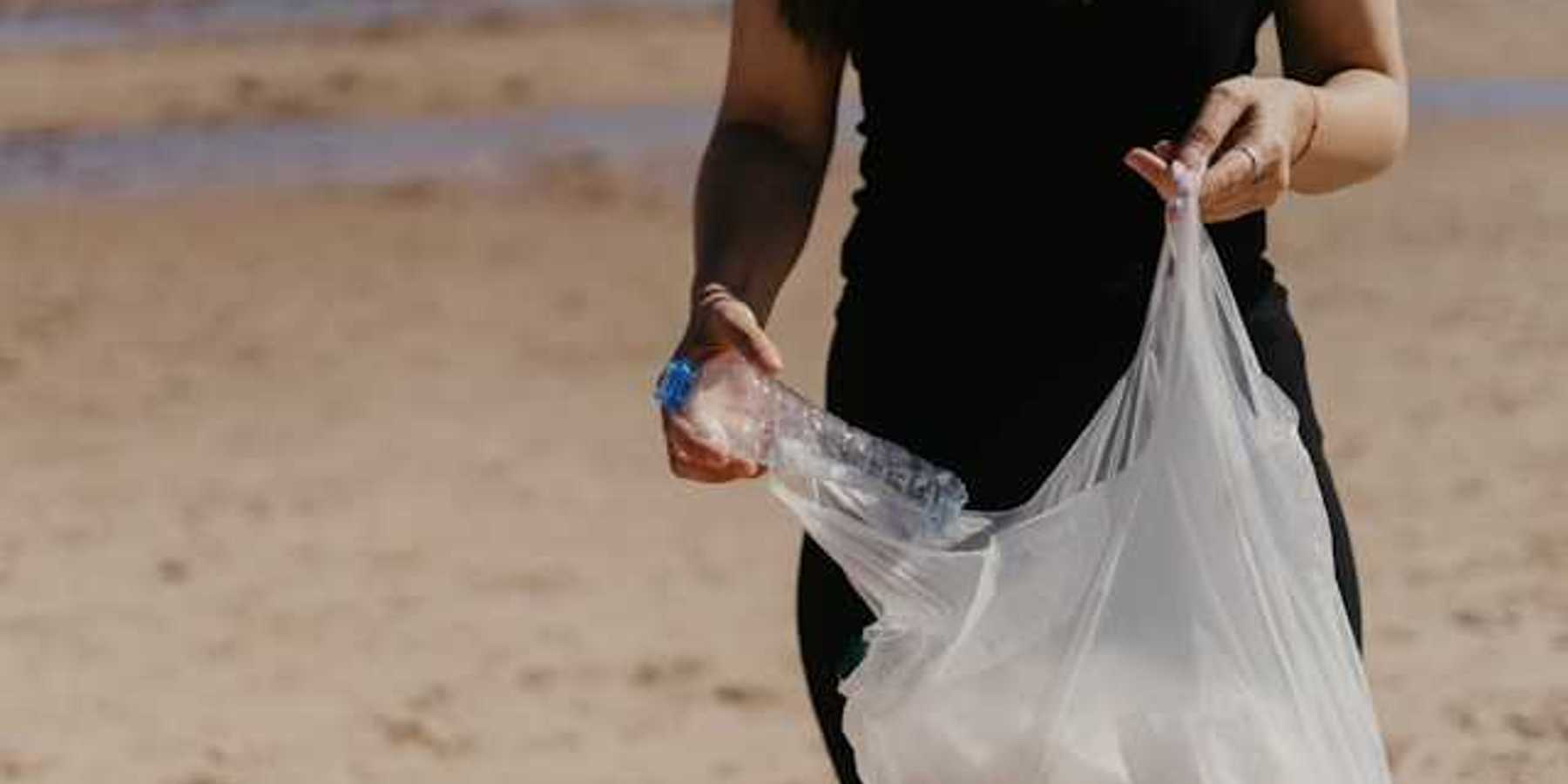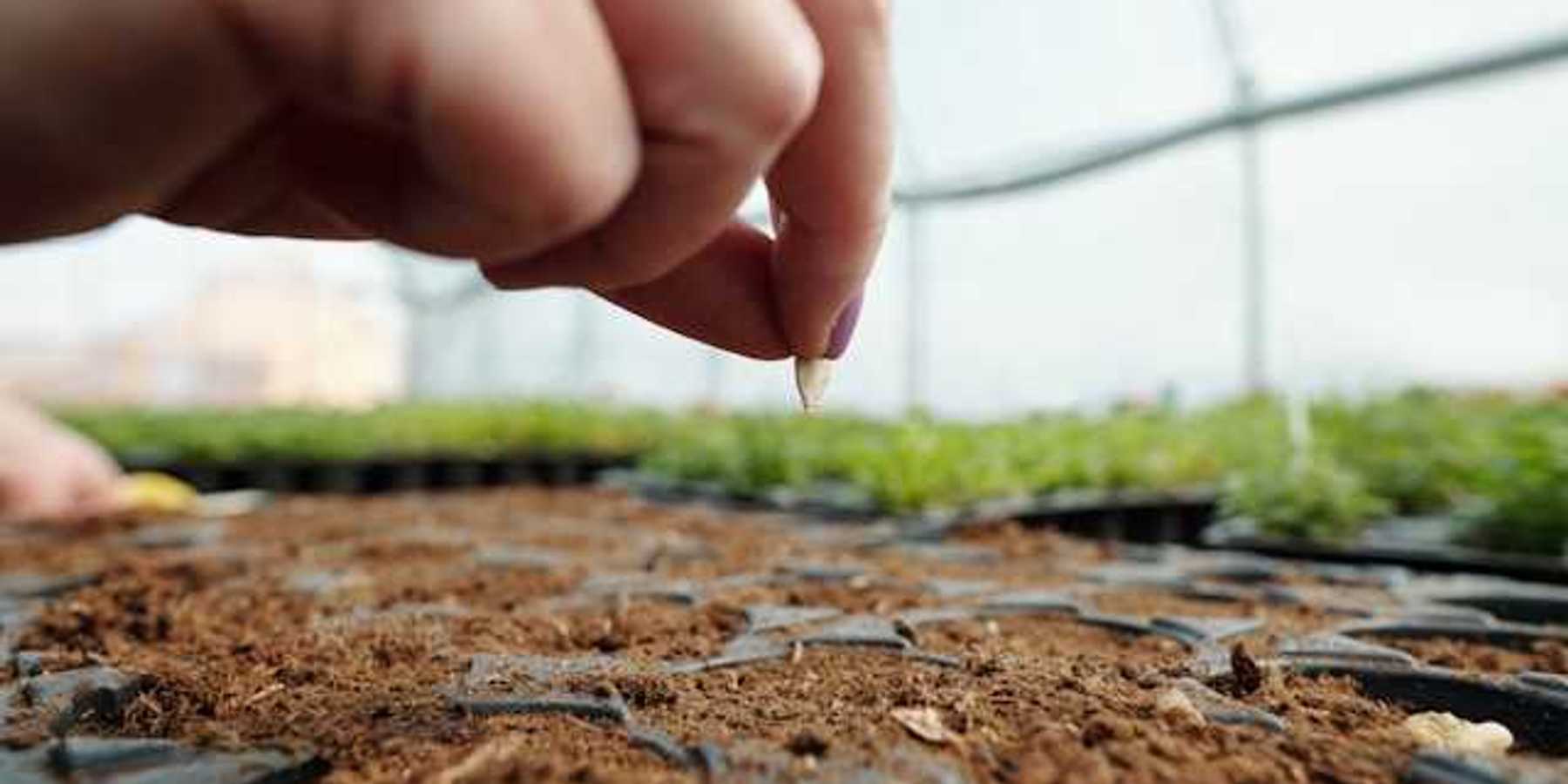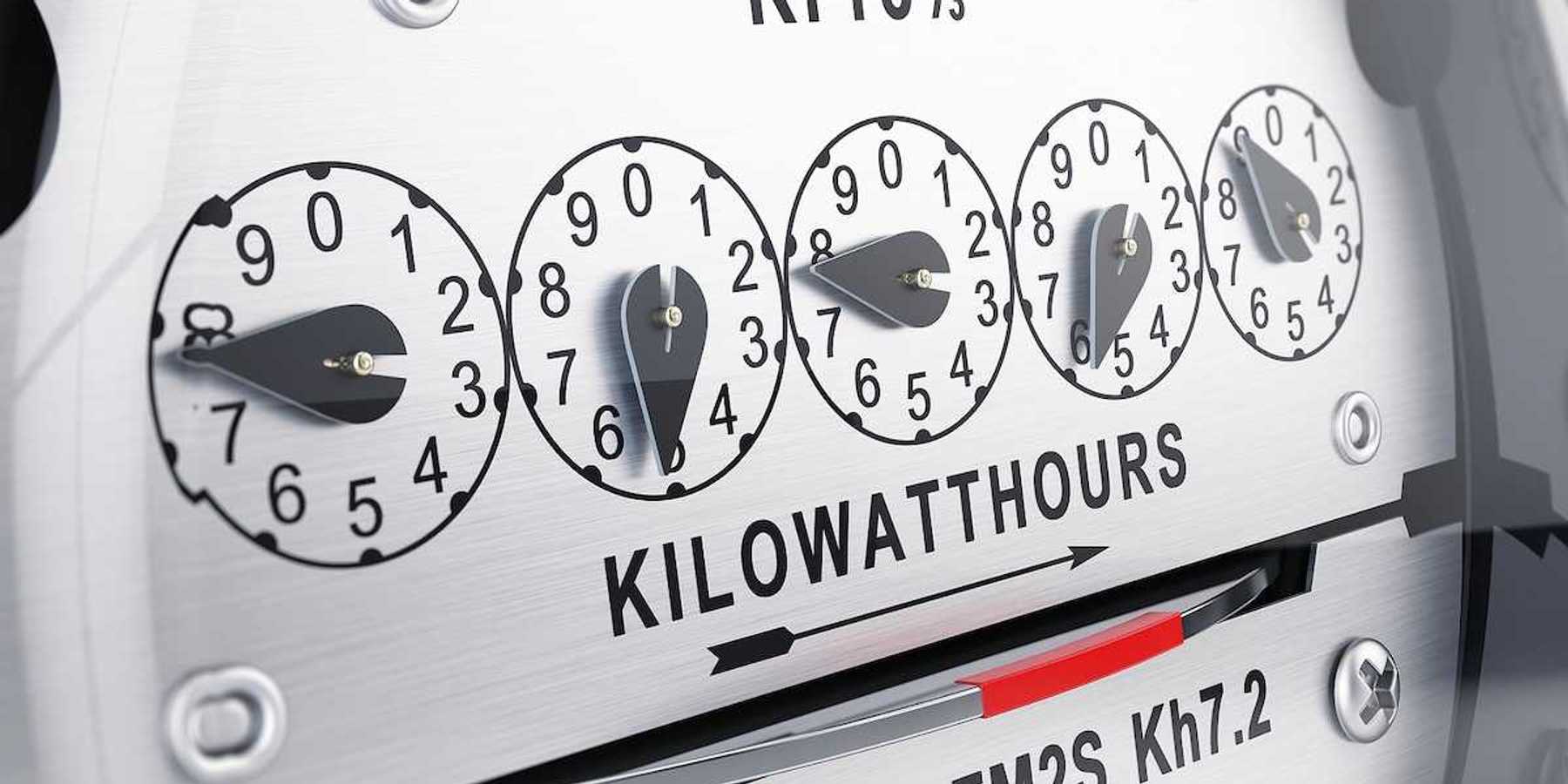
On to 2021. And not a moment too soon.
Here's hoping the new year brings the climate change coverage we need.
Here in Georgia, 2021 begins on January 5, because we won't find out until then who our two U.S. Senators are.
Come to think of it, the U.S. won't know who controls our Senate until then. So America ends the detestable year 2020 by filing an incomplete. Not to mention the quadrennial one-day bonus for leap year.
Here are a few wishes that I'd like to see fulfilled in 2021. I'm not holding my breath. But maybe, just maybe the American media will fully recognize the climate crisis.
Al Roker, who reportedly earns $10 million and has won seven Daytime Emmy Awards for weather casts on NBC networks, to be cut loose to focus more on how climate change will haunt the entire 21st Century the way COVID-19 has for the past year (he does a good job when permitted to do so).
More network correspondents like ABC's Clayton Sandell who report regularly on climate politics and the links between climate change and extreme weather or wildfire events. We have breaking news as we come on the air: ABC laid Sandell off last month. Joyeux Noël, Clayton! And certainly not a good signal that climate change is a good topic to build a network career on.
I'd like to see more of CBS News's Scott Pelley, who did a thorough 60 Minutes segment this year, possibly even better than the one previous he did in 2006. Maybe it becomes a more regular feature.
More superb storytellers like CNN's Bill Weir, whose role as "Chief Climate Correspondent" wrongly suggests he's not the only climate correspondent (pretty much anywhere on US news nets, not just CNN).
And a slightly different wish, have you seen the API ads that flood the Sunday morning cable and broadcast talkshows about all their members doing to lower carbon emissions? That's not the Application Programming Interface(s) that help drive your social media. Rather it's the American Petroleum Institute. I'd love to know more about those ads, and similar ones from API members like ExxonMobil and Shell US. Like how much money do local and national broadcasters and websites make from airing falsehoods like these?
There are scores of journalists at dying newspapers who have been tossed on the layoff wagon because they're on a low priority beat that's often criticized as biased, incorrect, or both. Even if their beat -- climate and environment -- gets vindicated on a daily basis by both predictive science and on-the-ground fact.
Tragically, that beat looks smarter every year. Cheers.
Peter Dykstra is our weekend editor and columnist and can be reached at pdykstra@ehn.org or @pdykstra.
His views do not necessarily represent those of Environmental Health News, The Daily Climate or publisher, Environmental Health Sciences.
Banner photo credit: Al404/flickr


